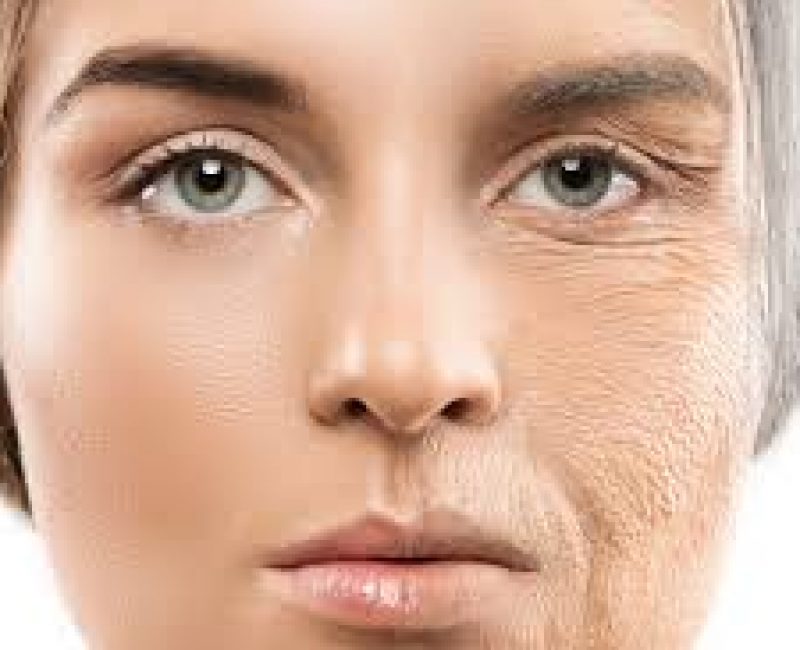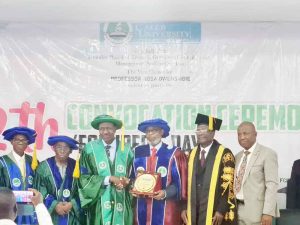If we’ve learned anything about the sunshine vitamin over the years (and we would argue we certainly have), it’s that vitamin D sufficiency is critical for whole-body health throughout the entire lifespan. Yes, we obviously mean that this essential vitamin is crucial for bone health, muscle strength, immune function, gut health, and more—but today, we’re talking about D’s vital importance for cellular health and longevity.*
How vitamin D supports healthy aging & longevity.
Longevity is a hot topic these days, and if we’re talking about living a long, healthy, happy life, we simply can’t ignore genomic health and stability.
You know, our genes and the stuff they’re made of: DNA. After all, DNA is the bread and butter of life and whole-body health! Let’s discuss where D plays a part, shall we?
Antioxidant activity.
Make room, vitamin C—there’s one more essential vitamin that shares the title of potent antioxidant. Though many focus on vitamin D’s more siloed benefits (e.g., musculoskeletal integrity, immune function, skin health), longevity is one that shouldn’t be ignored.
Vitamin D sufficiency (i.e., achieving and maintaining healthy D levels in the body) promotes graceful aging by helping to regulate antioxidant activity, balance mitochondrial function, combat oxidative stress, and ultimately, protect that precious DNA.*
A 2019 Pharmacological Research meta-analysis found that vitamin D supplementation helps increase total antioxidant capacity and serum levels of master antioxidant glutathione, both of which are vastly beneficial for promoting oxidative balance (i.e., antioxidants beating out oxidants) throughout the body.* Vitamin D signaling pathways protect proteins, fatty acids, and DNA (more on that later) from oxidation by combating reactive oxygen species (ROS).*
Unfortunately, our nation’s vitamin D status problem massively affects whether or not your body is able to fully utilize these antioxidant actions. Considering 41% of U.S. adults are insufficient in vitamin D and 29% deal with frank vitamin D deficiency, it’s obvious that being intentional about getting enough vitamin D on the daily plays a big part in your body’s antioxidant network and ability to fight free radicals.*
DNA protection.
While antioxidant activity is an ever-vital (and valid) feature of healthy aging, promoting cellular integrity and protecting our genes is the other significant part of the longevity equation. One accurate way to look at the rate of cellular aging and overall longevity is by measuring telomeres.
Telomeres are sequences of proteins that essentially “cap” the ends of DNA strands. They protect our DNA from free radicals, modern toxins, and other potential stressors that can affect our genomic stability. When it comes to longevity, longer telomeres help protect DNA and buffer oxidative stress.
In other words, telomere length (again, longer is better) is a viable biomarker for longevity—and vitamin D plays a part in increasing the activity of the telomerase enzyme to maintain telomere length and strength and protect cellular DNA and cells’ ability to replicate.
In fact, a 2017 study from the Archives of Medical Science found a positive association between vitamin D sufficiency and telomere length, which indicates getting adequate vitamin D is vital for maintaining genomic integrity and thus, longevity potential.*


































































































